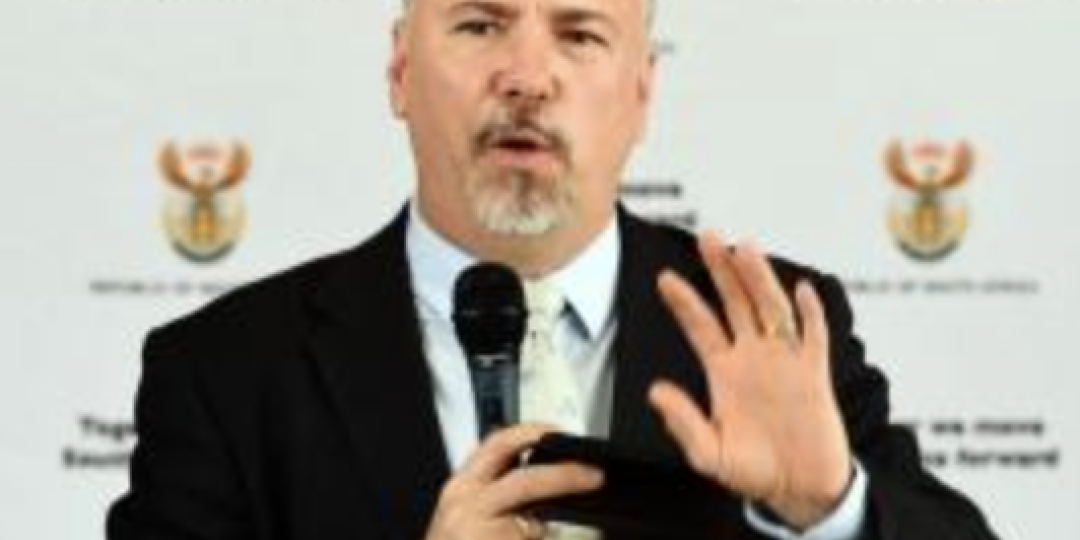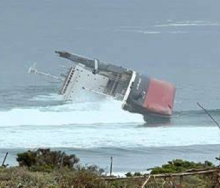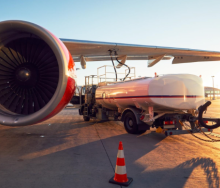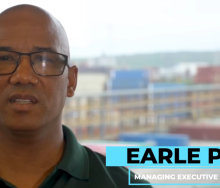Michael Currin
Growing business, trade and investment ties between the United States (US) and those sub-Saharan African nations that form part of the African Growth and Opportunity Act (Agoa) hold enormous benefits for the two regions.
Agoa provides duty-free treatment to goods of designated sub-Saharan African countries.
Last year, the combined two-way trade between Agoa beneficiaries and the US exceeded $46 billion and there is strong potential for further growth as trade and investment is deepened.
These trade and investment opportunities will be explored at the 20th edition of the Agoa Trade and Economic Cooperation Forum, also known as the Agoa Forum. The event started in Johannesburg on Thursday and runs until 4 November.
A senior delegation from the US and 35 trade ministers from sub-Saharan Africa are in attendance, along with representatives of African regional economic communities, civil society, organised labour and business.
There is ample room for growth between the US and Africa, particularly in the critical mineral value chain, which is at the centre of the global clean energy transition. The continent is a major producer of cobalt, copper, bauxite, chromium, high purity iron ore, platinum group metals and lithium, which is needed for the global energy transition.
Those who partner with the continent will have access to these critical resources in order to spur on, and benefit from, the clean energy revolution.
The International Energy Agency’s World Energy Outlook 2022 report foresees demand for these critical minerals more than doubling by 2030 and quadrupling by 2050.
The 2023 Agoa Forum reaffirms Africa as a capable economic partner and a lucrative destination for growth and investment. This is indicated in the International Monetary Fund’s Regional Economic Outlook report, released recently, which states that sub-Saharan African economies are on the rise following the impact of Covid-19. The report forecasts that these economies will grow by 4.2% in 2024 from 3.6% in 2023.
The Made in Africa exhibition is being held alongside the Agoa Forum at the Johannesburg Expo Centre in Nasrec. It is designed to showcase the products of more than 500 companies from across sub-Saharan Africa covering a variety of sectors, namely: the agricultural, automotive, chemicals, metals and minerals, mining and machinery, clothing and textiles, leather and footwear and boatbuilding sectors.
Significantly, this forum is the last engagement to be hosted in sub-Saharan Africa before the expiry of the current iteration of Agoa in June 2025. The act, which was signed into law on 18 May 2000, provides duty-free exports of goods from 40 sub-Saharan African countries to the US.
More than 5 240 tariff items qualify for Agoa. They range from apparel and footwear to wine, motor vehicle components, agricultural products, chemicals and steel.
The Agoa Forum will support efforts to increase trade through the African Continental Free Trade Area (AfCFTA), a trade pact that covers 54 countries and 1.4 billion people.
It is anticipated that Africa’s trade will be boosted significantly by AfCFTA and that the US stands to gain access to a single market, which is projected to grow to 1.7 billion people and $6.7 trillion in consumer and business spending by 2030.
The trade relationship between the US and South Africa has benefited enormously from the Agoa agreement.
South Africa remains a key source of raw materials for the American economy and has become one of the region’s top three exporters to the US. The most success has been in our automobile sector, which is the country’s biggest single beneficiary of the programme. Our local citrus industry has also benefited, with the Western Cape exporting approximately R1.6 billion worth of citrus to the US under Agoa in 2022.
Other leading exports to the US included iron and steel, edible fruits, organic chemicals and precious stones. The agreement helped to create a total of 62 395 direct and indirect jobs, while overall Agoa generated an estimated 350 000 direct and 1.3 million indirect jobs in sub-Saharan Africa.
* Michael Currin is the Deputy Director-General Intergovernmental Coordination and Stakeholder Management at the Government Communication and Information System – Sanews.gov.za













